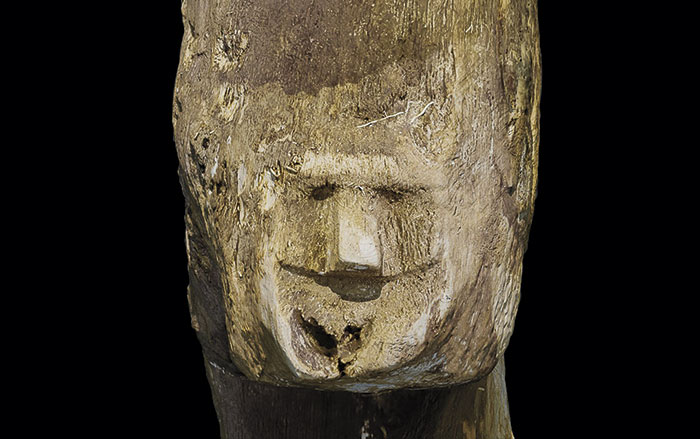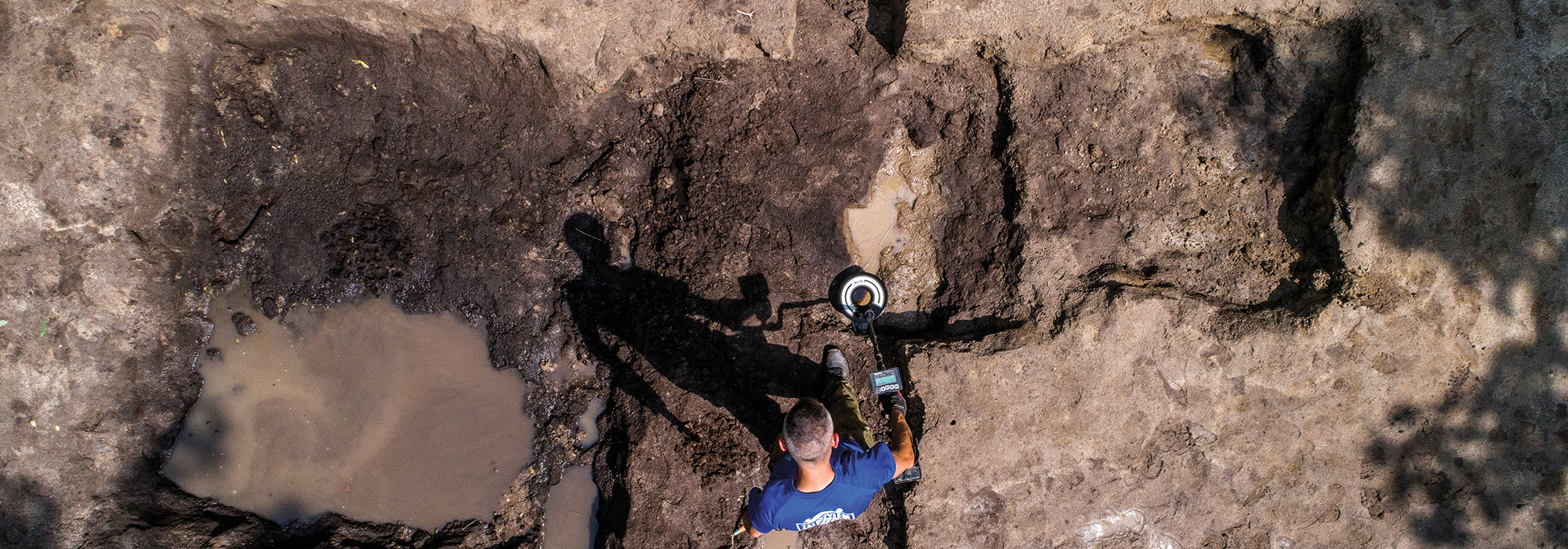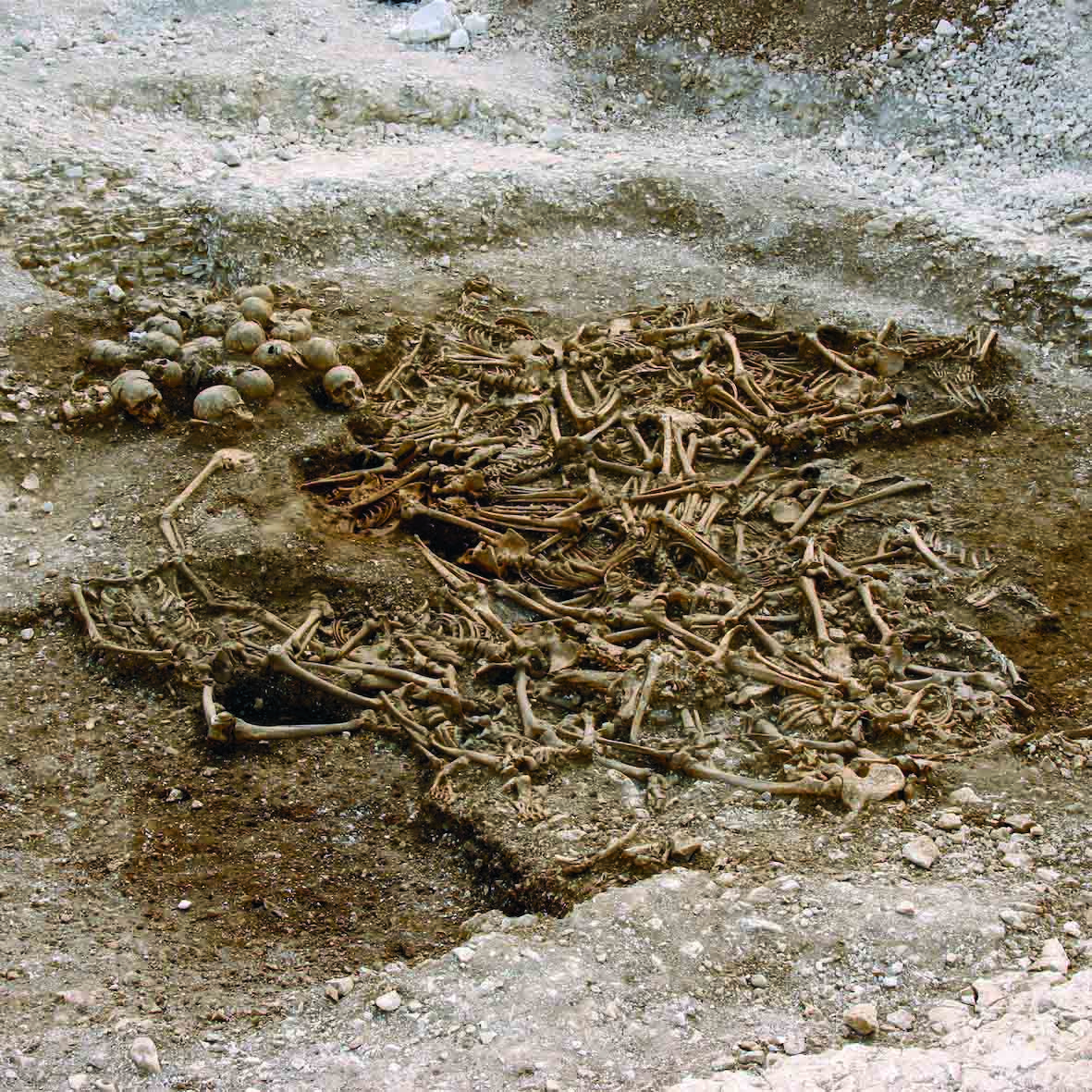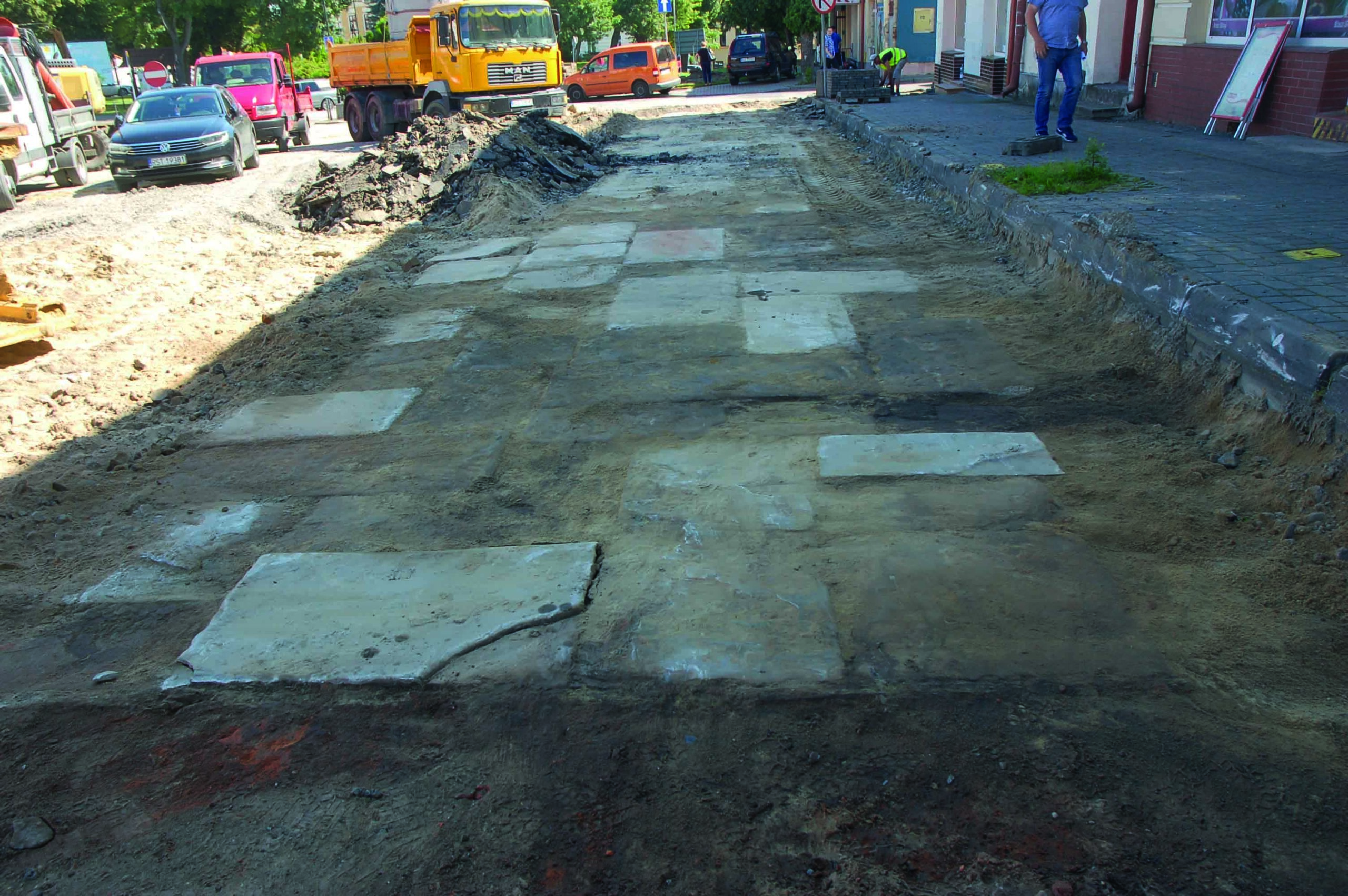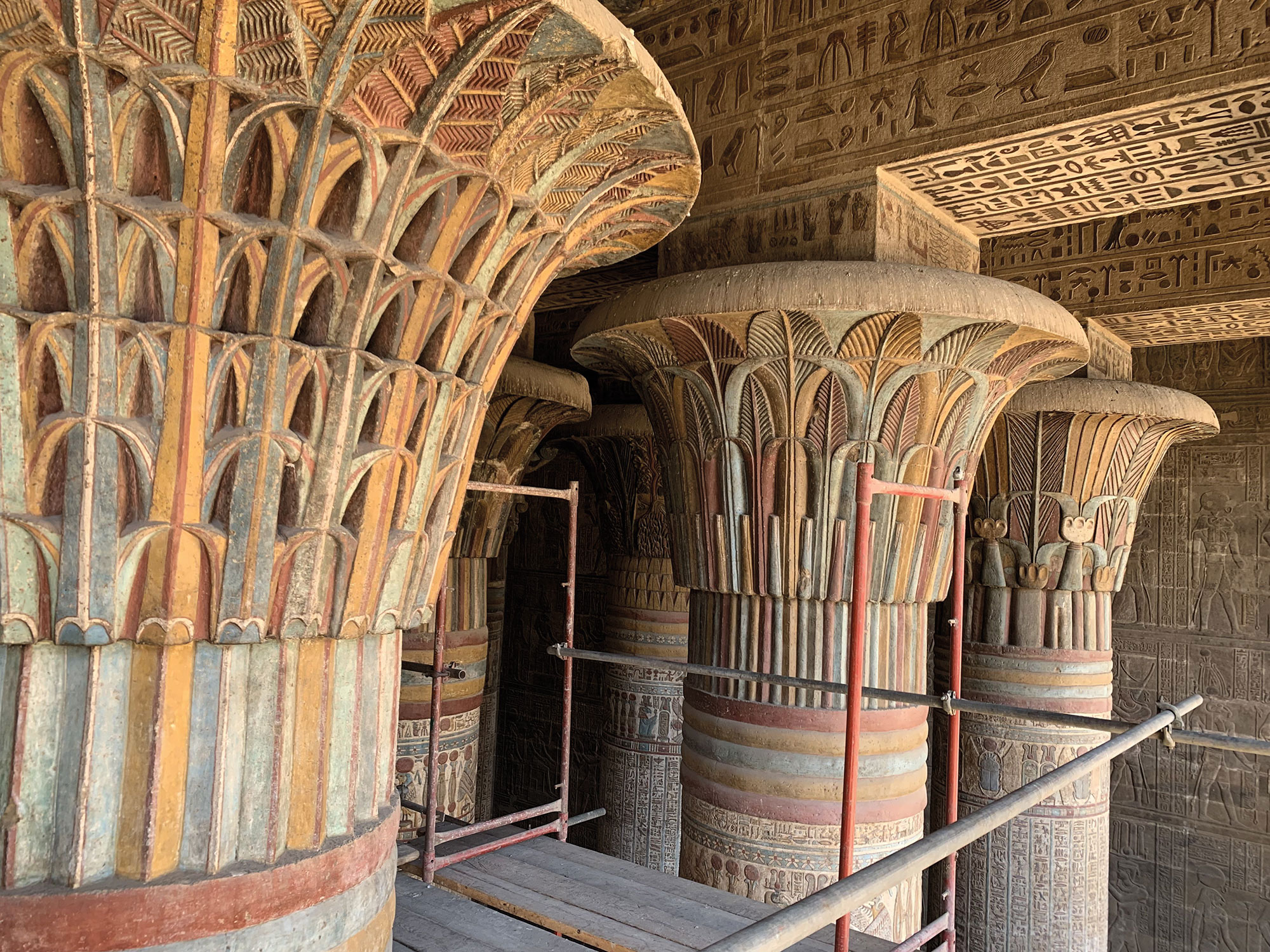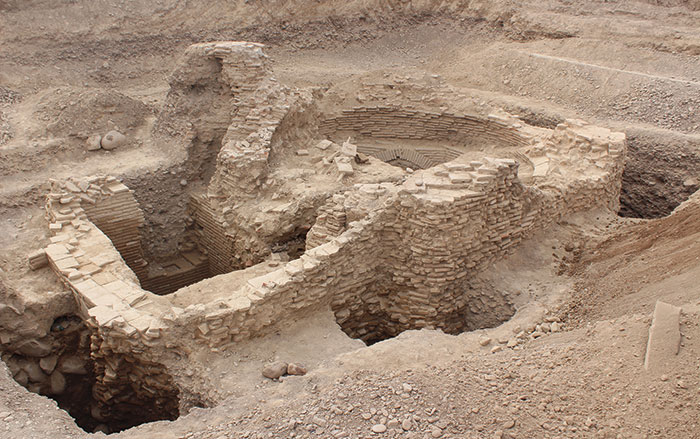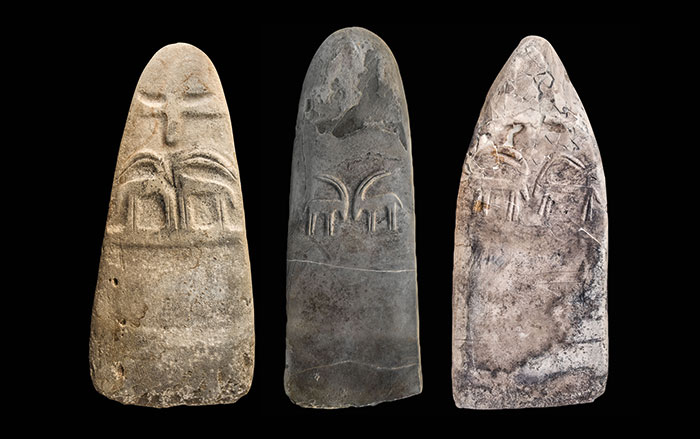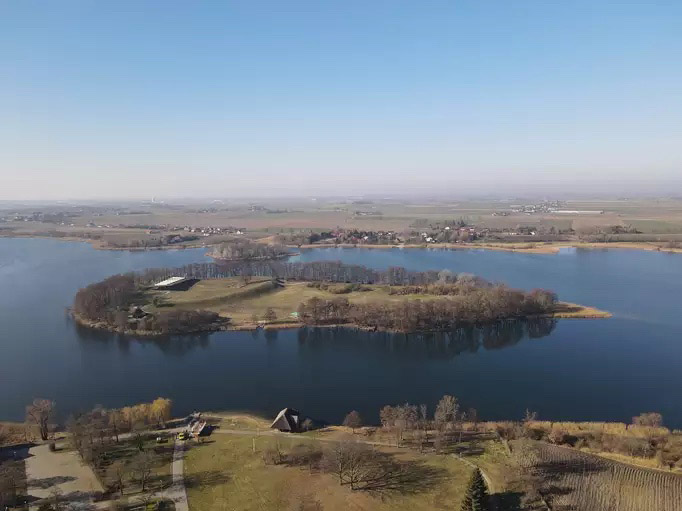
JENA, GERMANY—According to a Wood Central report, early medieval pollen records are the key to understanding the collapse of early human settlements in Central Europe, in what is today Poland. A team of researchers led by Adam Izdebski of the Max Planck Institute of Geoanthropology accumulated records from Saxony, Bohemia, and Prussia, where the former first kingdom of Poland was located. Known as the Piast dynasty, this early state was founded in the A.D. 900s. The researchers used historical records, archaeological data, and pollen samples from four locations within Piast territory to chart periods of rapid ecological change marked by heightened deforestation, agricultural and fire activity, and housing construction. These periods also coincided with an expansion of population and territory between A.D. 930 and 1000, which was quickly followed by a period of forest regrowth and societal collapse. The researchers argue that the Piast political system required a balance of capital as well as social connectivity that was lacking in the early state. To maintain cohesion, Piast leaders attempted to impose Christianity on their subjects. “Despite its efforts to quickly create a Christian religious hierarchy, the Piast polity was not able to successfully exploit the cohesive power of religion,” said Izdebski, “nor did it develop a good mechanism of co-opting conquered populations and their elites.” Read the original scholarly article about this research in Proceedings of the National Academy of Sciences. To read more about the archaeology of Poland, go to “Off The Grid: Krakow, Poland.”


